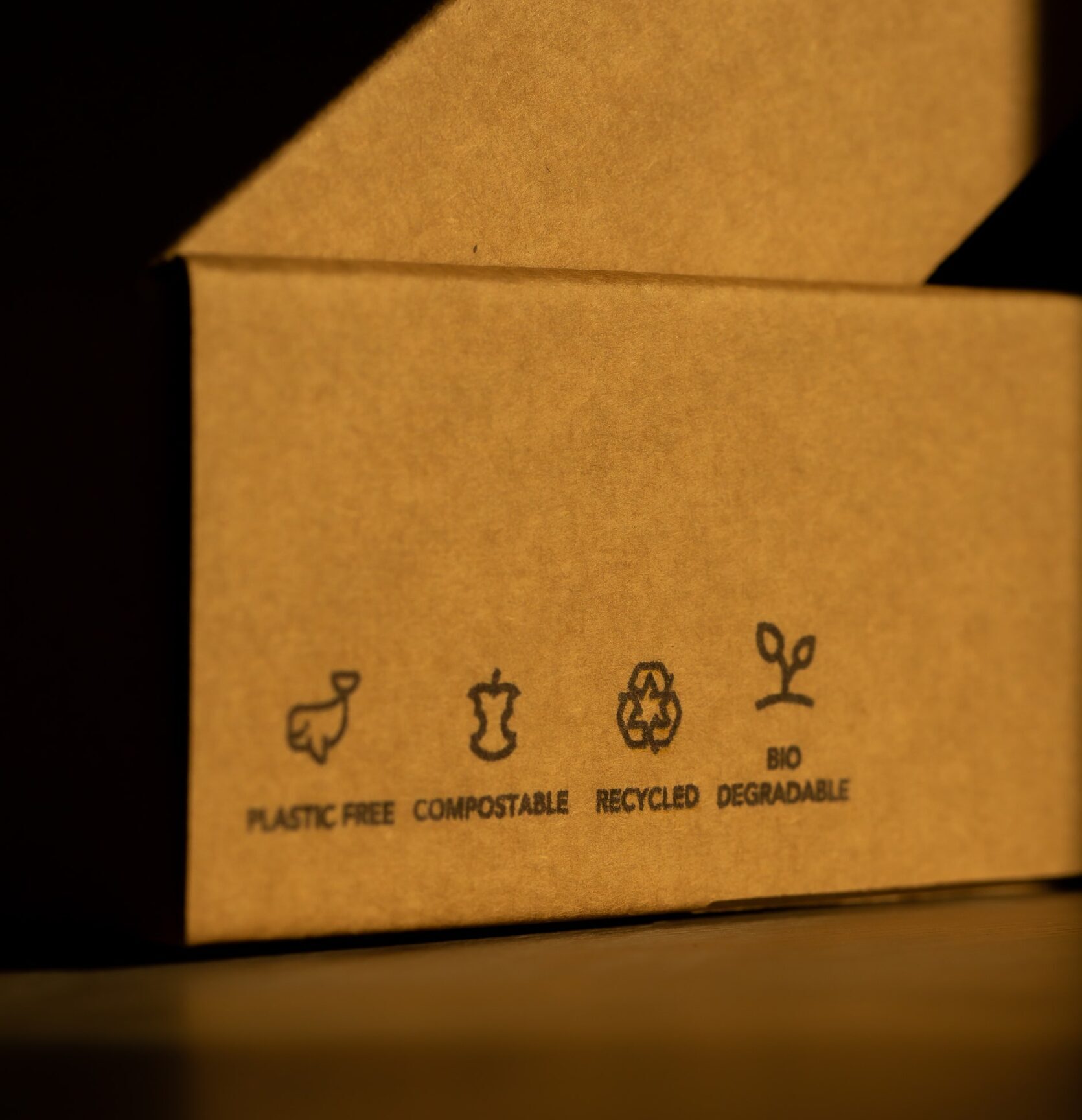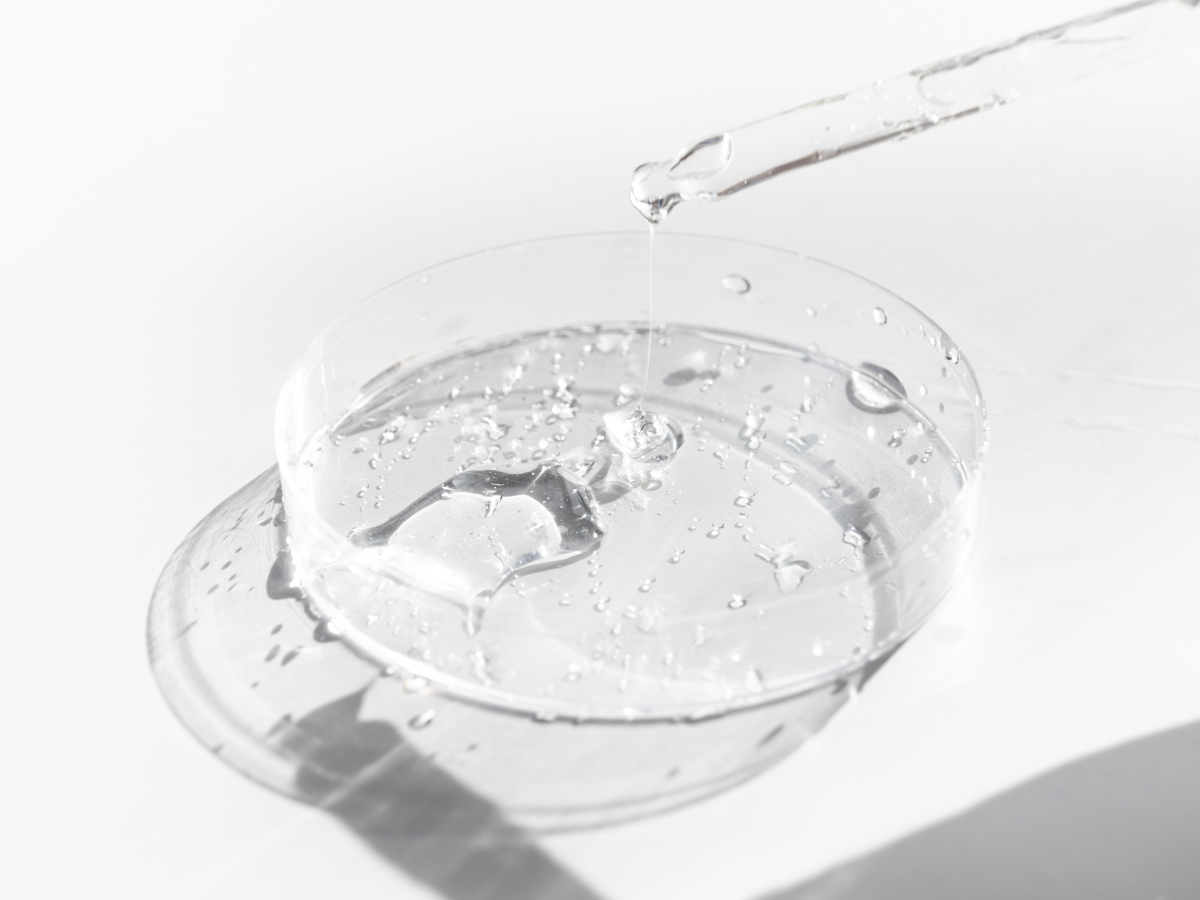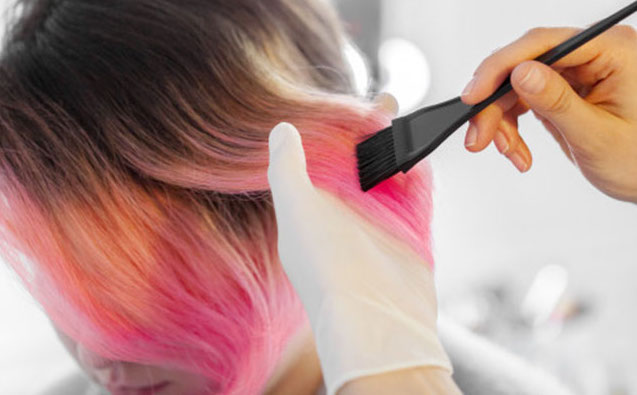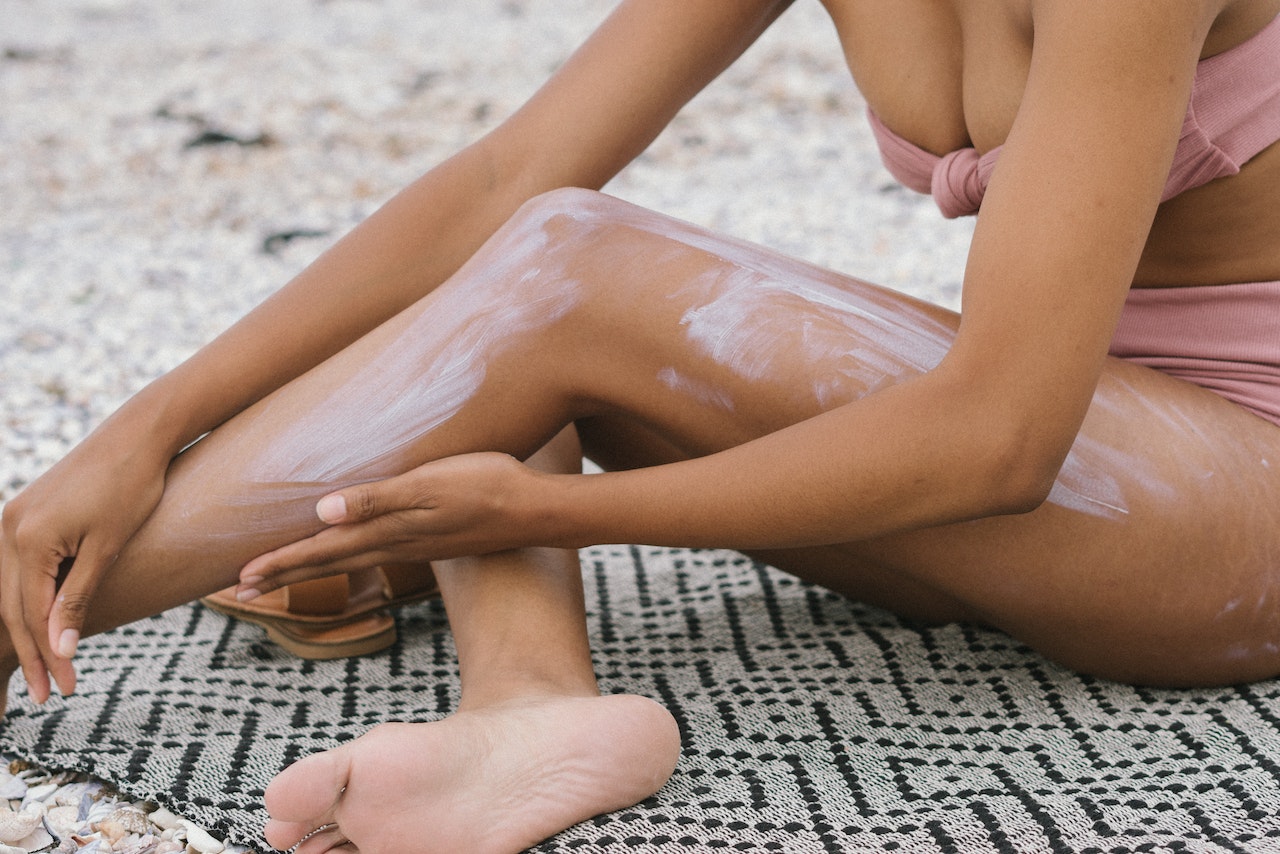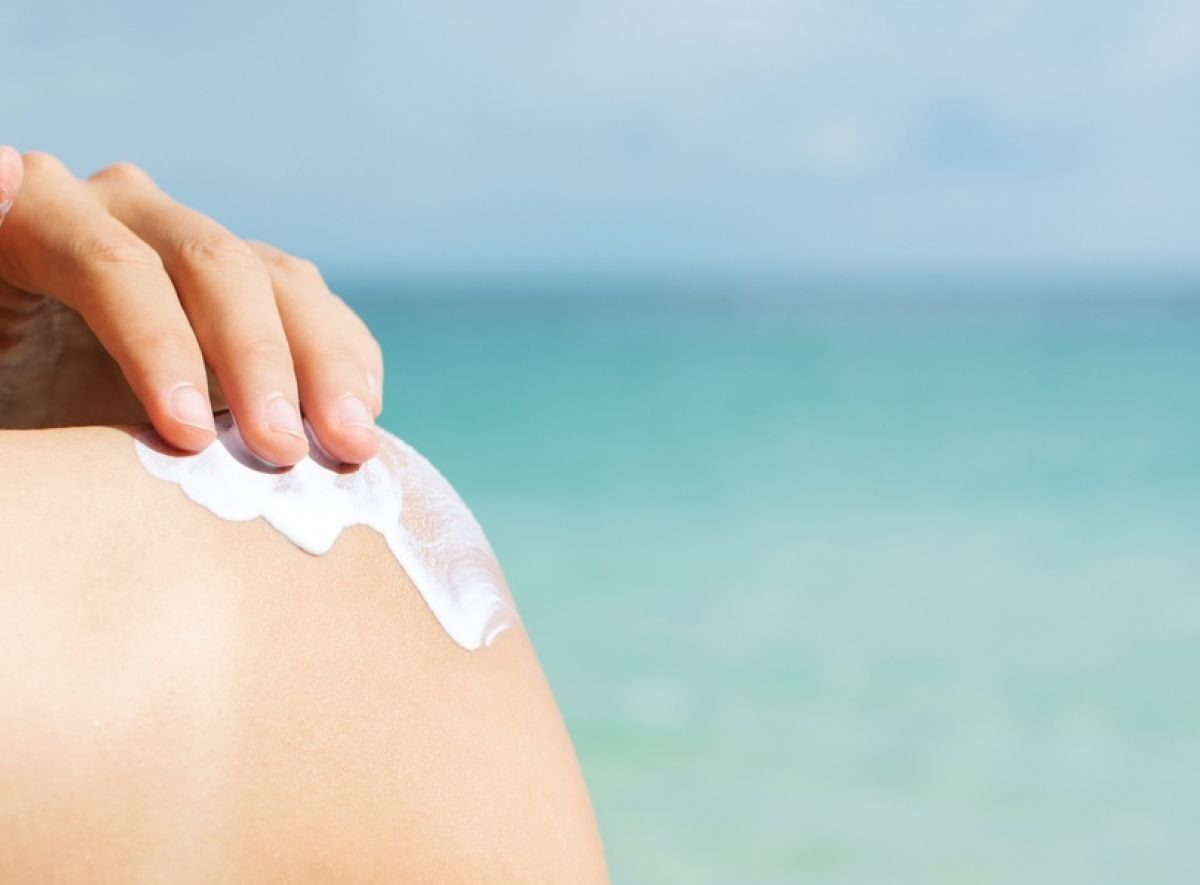SOUTH KOREA LEGAL FRAMEWORK
In South Korea, the Cosmetics Act represents the main legal regulatory framework for cosmetics. There are several regulations, standards and guidance documents that support this Act and which allow the country to have a comprehensive framework to manage this type of products. The Cosmetics Act provides the legal base for the manufacture, import and sale of cosmetic products and cosmetic ingredients, including detailed requirements for labelling and advertising of cosmetics. The Ministry of Food and Drug Safety (MFDS) is the competent authority that enacts and executes cosmetic regulations in South Korea, being responsible for the redaction of cosmetic regulations and the register of functional products. The South Korean Pharmaceutical Traders Association (KPTA) is responsible for issuing importing cosmetic approval and supervising cosmetic trading, as explained in one of our previous post.
PACKAGING MATERIAL AND LABELLING REQUIREMENTS
The use of PVC materials and coloured PET bottles is banned in South Korea since the end of 2019. Since then companies are also required to evaluate the packaging material grade (Act on the Promotion of Saving and Recycling Resources). The recyclability of the packaging materials used should be graded, giving one of four classifications: “best to recycle”; “good to recycle”; “normal to recycle”; and “difficult to recycle”. The grade given must be indicated in the cosmetic product.
There is a significant number of cosmetic containers that are graded as “difficult to recycle” (colored containers and made of complex materials to protect product’s efficacy) and consumers tend to consider them as ‘non-environmental friendly’. Considering that Korean consumers are increasingly demanding more eco-friendly products, this opinion affects competitiveness in the market and can influence a brand’s image among Korean consumers. In order to help companies deal with this subject, in 2020, the Korean Cosmetic Association (KCA) and Korea Packaging Recycling Cooperative (KPRC) introduced the Reverse Recycling Scheme of Cosmetic Containers. The aim is to minimize the negative impacts of packaging recycling requirements on the cosmetic industry.
Cosmetic companies are allowed to reverse collect the containers of cosmetic products from consumers, and hence be granted an exemption from labelling their products as “difficult to recycle”. Products can be returned by consumers at different places like convenient stores, shopping malls, supermarkets and brand shops, for example. Manufacturers or importers of cosmetics using glass bottles, PET bottles or other synthetic resin packaging materials may apply to this exemption.
In July 2021, the Guideline on Recycling Symbols and Standards of Labelling Quality was issued by the Ministry of Environment (MOE) and will come into effect at the beginning of next year (January 1st, 2022). Previously, in March 2021, MOE issued the Structure of Packaging Material Guide, which was already implemented.
The “unable to recycle symbol” was introduced and should be used when materials graded as “difficult to recycle” are mixed with other materials or the packaging is coated or laminated with other materials. This allows consumers to separate the wastes and be better informed on the materials they are using.
There was also a revision on the text of the recycling symbols, introducing a new exemption for the “difficult to recycle” labelling. Despite cosmetic containers that are coloured or made of complex materials being labelled as “difficult to recycle”, if the company establishes a recycling plan, they may apply for a requirement exemption.
Critical Catalyst has a team of regulatory experts that can help you place your cosmetic products in the South Korean market. For any queries, not hesitate to contact us at info@criticalcatalyst.com.
References:
- Cosmetics Act 17250 (Apr 7, 2020). Ministry of Food and Drug Safety. South Korea. Available at: https://cosmetic.chemlinked.com/database/view/1008
- Guideline on Recycling Symbols and Standards of Labeling Quality (Korean). Available from: https://opinion.lawmaking.go.kr/gcom/admpp/34089?announceType=TYPE6&mappingAdmRulSeq=2000000283399&admRulNm=%EB%B6%84%EB%A6%AC%EB%B0%B0%EC%B6%9C+%ED%91%9C%EC%8B%9C%EC%97%90+%EA%B4%80%ED%95%9C+%EC%A7%80%EC%B9%A8
- Act on the Promotion of Saving and Recycling of Resources. Available from: https://www.law.go.kr/LSW/lsInfoP.do?efYd=20210610&lsiSeq=219111&ancYnChk=0#0000

